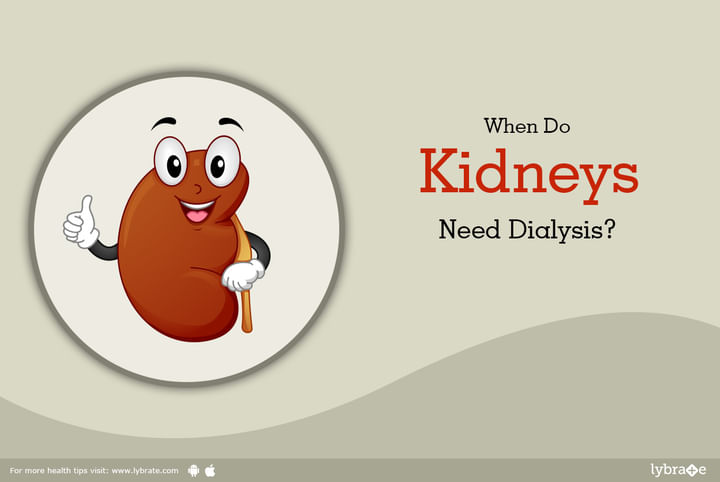When Do Kidneys Need Dialysis?
Kidneys are a pair of organs that are located on either side of the spine, each about the size of a fist. The kidneys help in purifying the blood by removing toxins, waste materials and excess fluids from the human body. Disorders and dysfunctions of the kidney can lead to severe and often fatal consequences. When the kidneys stop functioning as they are supposed to, dialysis is performed to resume normal functioning in the body.
Dialysis is a type of treatment, which filters and purifies the blood with the aid of a machine. It is an artificial way of purifying the blood. There are two types of dialysis, namely hemodialysis, and peritoneal dialysis. Hemodialysis, the most common form of dialysis, which involves using a manmade kidney called a hemodialyzer, which removes toxins and waste materials from the blood.
Peritoneal Dialysis, on the other hand, is a type of treatment which involves implanting a catheter in the stomach. During the procedure, a fluid called dialysate flows into the abdomen that absorbs all the waste material, which is consequently drained out of the body.
You may need dialysis if:
- Your kidneys are dysfunctional
- When waste materials and toxins start to accumulate in the body
- In an event of an injury or accident to the kidney such as internal lacerations (wound caused by the tearing of a tissue)
- If the creatinine (a type of a chemical waste product) level falls to 10-12 cc/minute
- In an event where the kidneys aren't able to work properly leading to accumulation of toxins, irregular amounts of chemicals in the body and other dysfunctions
The weakening of the abdominal muscles and weight gain are some of the risks involved in dialysis. Dialysis is a temporary treatment and serves to function till the time the actual kidneys get repaired. In chronic cases of kidney disease, kidney transplant may perhaps be the last resort. In case you have a concern or query you can always consult Best Nephrologist in Delhi & get answers to your questions!
Related Tip: 4 Types of Kidney Stones and Their Common Symptoms



+1.svg)
